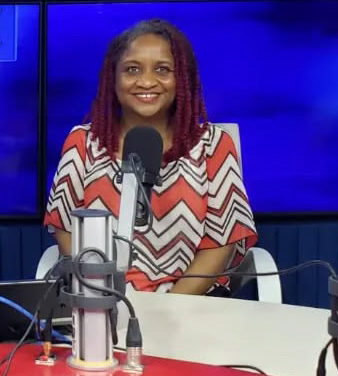From the Palais des Nations in Geneva, Anna Mutavati, UN Women Regional Director for East and Southern Africa, called for the protection and prioritization of women and girls amid Sudan’s acute food insecurity.
For over two consecutive years, every front line in Sudan has cut through the bodies, homes, livelihoods, and futures of women and girls, who have endured the sharpest edge of Sudan’s horrific conflict. UN Women’s latest gender alert, titled Gender Dimensions of Food Insecurity in Sudan, indicates that nearly 11 million women and girls are now acutely food insecure.
As fighting engulfed El Fasher and severe food insecurity spread across Darfur, women and girls experienced extreme hunger, displacement, death, and sexual and gender-based violence. The gender alert, which was launched today, shows that simply being a woman in Sudan is a strong predictor of hunger.
Famine has been officially declared by the Integrated Food Security Phase Classification (IPC) in El Fasher and Kadugli as of November 2025.
73.7 per cent of women do not meet minimum dietary diversity, signalling extremely poor diets and heightened malnutrition risk.
***
Key highlights from the Gender Alert:
In all crises, women and girls eat the least and eat last. In Sudan, most women and girls may not be eating at all.
- Our field interviews confirmed that women often skip meals so their children can eat, and adolescent girls frequently get the smallest share – undermining their long-term nutrition and health.
- In besieged and remote areas, like Darfur or Kordofan, women and girls are often the ones scavenging for survival. Field reports describe women foraging wild leaves and berries to boil into soup. While doing this, women and girls face additional risks of violence – including abduction, sexual, and gender-based violence.
Women speaking to us from El Fasher, the heart of Sudan’s latest catastrophe, tell us they have endured starvation, displacement, rape, and bombardment. Pregnant women have given birth in the streets as the last remaining maternity hospital was looted and destroyed.
***
Women fleeing El Fasher describe witnessing killings, rape, and the disappearance of their children –horrors that no one should ever endure. Many are in severe psychological distress, yet there is almost no access to mental health services or psychosocial support anywhere across the affected areas.
***
Even in these dire conditions, it is women-led organizations who have remained a bed rock and are sustaining the humanitarian response.
***
UN Women calls for:
- An immediate halt to all violence in Sudan. The proposed humanitarian ceasefire offers hope, but it must be fully implemented.
- All parties to immediately ensure safe corridors for women, girls, and all civilians.
- Humanitarian actors to prioritize women and female-headed households in food assistance, restoration and in rebuilding of their livelihoods.
- All parties to protect women and girls and uphold their obligations under international humanitarian and human rights law.
- UN Women urges donors to recognize, resource, and partner with women-led organizations.
Women and girls in Sudan are not statistics; they are the measure of our shared humanity. And every day the world delays acting on Sudan, another woman gives birth under fire, buries her child in hunger, or disappears without justice.


